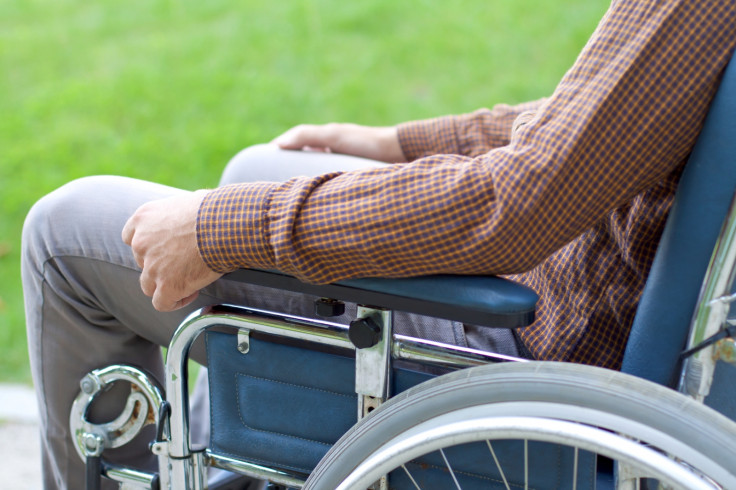£40m funding increase for controversial private disability assessment firms
KEY POINTS
- Government paid private firms £255m in 2016-17 to carry out disability benefits assessments.
- High Court decision forced a "blatantly discriminatory" government to review 1.6m disability benefit claims.
Private firms carrying out controversial disability assessments have been given a £40m (€45m) increase in funding despite concerns over the system.
The Department for Work and Pensions (DWP) paid Independent Assessment Services (formerly Atos) and Capita almost £255m to carry out personal independence payment (PIP) assessments in 2016-17, The Independent found. This is the most that has been spent on the scheme since it was launched in 2013.
The revelation comes soon after the government was forced to commit to a review of 1.6 million disability claims after the High Court ruled it has been "blatantly discriminatory" against people with mental health conditions. The review could see 220,000 people get higher payments.
Spending increased by 19% from £214.7m in 2015-16 to £254.7m in 2016-17. The latest available data from April to October 2017 shows another £145.9m spent. The firms have received £824m in total government funding.
The DWP claimed that the increased spending was due to the higher number of assessments performed.
Debbie Abrahams, Labour's shadow work and pensions secretary, told The Independent the government was "rewarding failure" by increasing funding for assessments which leave "lives in tatters".
"It is damning that the government are spending more public money on private, profit-making contractors at a time when a record 68% of PIP decisions taken to tribunal are being overturned by judges.
"They are rewarding failure at a time when the assessment process is getting worse, not better."
PIP assessments were brought in to replace the disability living allowance (DLA) and to help pay for the extra costs of those living with a long-term disability or health condition.
In a survey carried out by the Disability Benefits Consortium, 79% of disability benefit respondents said PIP had made their health worse through the stress and anxiety associated with the assessments.
It also found that a third of those who had their funding cut were struggling to pay for food, rent and bills.
A DWP spokesperson said, "We're absolutely committed to ensuring that disabled people and people with mental health conditions get the support that they need.
"PIP is a modern, dynamic and fairer benefit than the former DLA and focuses the most support on those experiencing the greatest barriers to living independently. Approximately 66% of PIP recipients with mental health conditions receive the higher rate of the benefit, compared to just 22% under DLA."






















